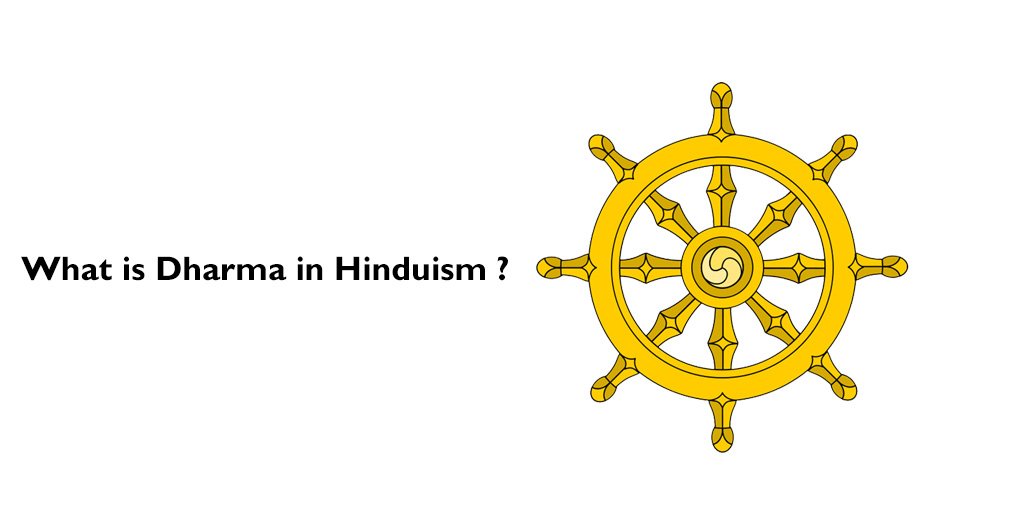What is Dharma in Hinduism? Hinduism is a religion based on multiple facts. It is probably among the most scientific religions out there. Well, in this excerpt, we will look at the meaning of Dharma in Hinduism and in our scriptures.
Dharma In Hinduism
The word dharma comes from the root dhr (‘to uphold,’ ‘to support,’ ‘to sustain’). An oft-quoted verse from the Mahabharata says: ‘dharaņat dharmam ityahuḥ dharmo dharayate prajah,’ “They call it dharma since it upholds; it is that what upholds the people (of the world).’
Dharma in Hindu Scriptures – Duties
Rigveda quotes the word Dharma fifty-six times (e.g., 5.63.7, 5.72.2, 9.7.1, 9.25.2, 10.88.1, 10.170.2). But in virtually all these areas rishis used it in the sense of obligation or action which leads to the sustenance of this world (‘jagad-dharaka-karma’). In the Upanisads, this sense becomes more explicit.
So, Dharma in Hinduism essentially means – as part of this society, each one of us has certain responsibilities and duties. We must discharge it by doing the prescribed activities. This sustains the structure of this society. Similarly, in our journey towards perfection, we have to pass through several phases of spiritual growth and every stage devolves upon us certain duties or a code of conduct. This will help to maintain our inner development and simultaneously leads to the well-being of this society too.
Dharma in Hinduism is a force. The seeds of these learnings are well known as varņa-ashrama-dharma in later literature. One can find it in the Purusasukta and in the earlier Upanishads also. For instance, in the Brhadaranyaka passage already quoted (1.4.14), there’s a clear reference to Dharma as a force which governs even a Kshatriya, who by virtue of his standing as a ruler, could abuse his powers for self-aggrandizement. In the famous passage of the Chandogya Upanisad (2.31.1) the reference to the responsibilities of ashramas is crystal clear; ‘trayo dharmaskandha yajno’dhyayanam danamiti prathamaḥ…’








